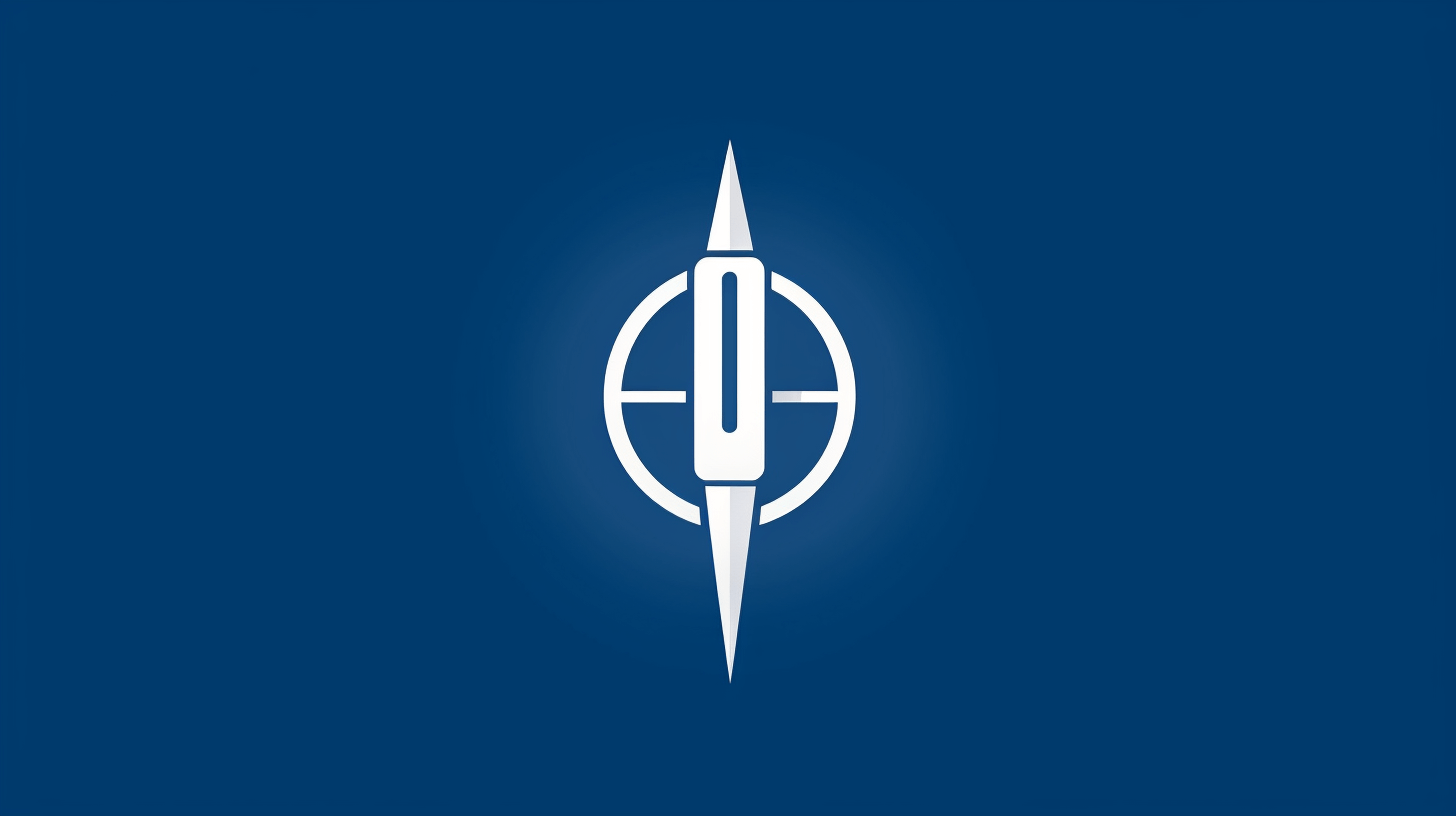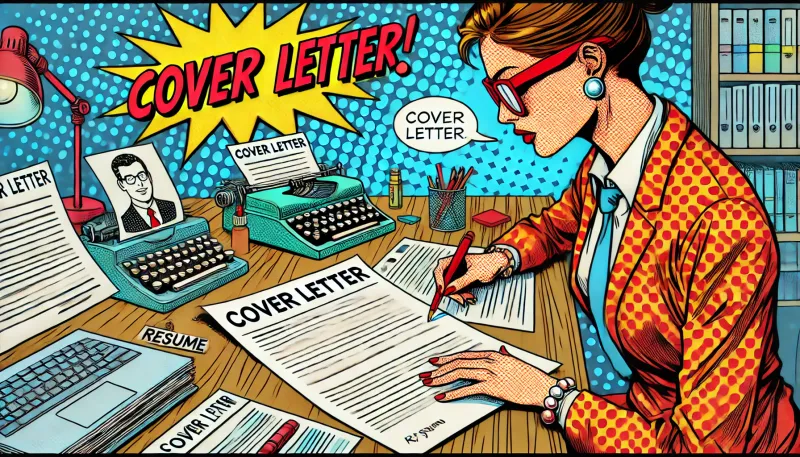In the rapidly evolving landscape of startups, it's not just about having a great idea—it's about having the right idea. An idea that fits the market, the target audience, and the zeitgeist of our times. In essence, an idea that has been thoroughly validated. This article explores how startups can leverage the power of AI, specifically ChatGPT, to streamline and enhance the crucial process of idea validation.
Importance of Idea Validation in Startups
Idea validation is the process by which an entrepreneur ensures that a business idea is viable and worth pursuing. It's a stage where assumptions are questioned, market conditions are studied, and potential customers are consulted. Without a well-executed idea validation process, startups run the risk of investing time, effort, and money into a concept that the market may not need or want.
The validation process generally includes market research, competitor analysis, and customer surveys. Traditionally, this process required significant resources and was often challenging for startups. However, AI technologies like ChatGPT are transforming this landscape, making idea validation more accessible and efficient for startups.
ChatGPT for Idea Validation
ChatGPT is an advanced AI language model developed by OpenAI. It's capable of understanding and generating human-like text based on a given prompt. But it doesn't just regurgitate information it's been trained on—ChatGPT has the ability to generate creative and nuanced responses, making it a valuable tool for a wide range of applications.
From content creation to customer service, ChatGPT has proven to be a versatile tool. And now, startups are discovering its potential in the realm of idea validation. In the following sections, we delve into how ChatGPT can assist startups in this critical process.
In the context of idea validation, ChatGPT serves as a dynamic brainstorming and analysis tool. Its ability to generate diverse and creative responses can aid in exploring potential solutions, business models, and strategies. But beyond just brainstorming, ChatGPT can be used to construct survey questions, simulate customer responses, or even draft potential business plans.
ChatGPT’s language understanding abilities can also support startups in conducting competitive analysis and market research. For instance, the AI can help in scraping and synthesizing relevant data or news about competitors, industry trends, and consumer behavior. We'll do a separate article soon about helping build those tools with Google Sheets.
Finally, ChatGPT can assist in validating an idea through customer surveys. By automating the drafting of survey questions, and even simulating customer responses based on known customer profiles, startups can gain preliminary insights into their target audience’s needs and preferences.
A Step-by-Step Guide: Using ChatGPT for Idea Validation
- Brainstorming with ChatGPT: Begin with a brainstorming session. Input prompts related to your business idea into ChatGPT, and let the AI generate a range of potential solutions, strategies, or business models. For instance, if your startup is in the healthcare space, you might ask, "What are some innovative ways to increase patient engagement?"
- Competitive Analysis and Market Research: Utilize ChatGPT to synthesize relevant market and competitor data. This could involve inputting prompts related to industry trends, competitor strategies, or consumer behavior.
- Drafting Customer Surveys: Use ChatGPT to draft survey questions tailored to your target audience. The AI can help design questions that probe into customer needs, preferences, and potential pain points related to your business idea.
- Analyzing Survey Responses: Once you've collected responses, ChatGPT can help in analyzing the data, generating insights about potential product-market fit, and potential challenges to address in your business model.
- Refining Your Idea: Based on the insights gathered, refine your business idea. If necessary, repeat the process until your idea is thoroughly validated and ready for execution.
In the next section, we'll explore a real-life case of a startup that successfully used ChatGPT in its idea validation process.
HealthSync's Success with ChatGPT
To illustrate the power of using ChatGPT for idea validation, let's delve into the journey of a hypothetical startup, HealthSync. HealthSync aimed to enhance patient engagement in healthcare through an innovative app, but before investing heavily in development, they wanted to validate their idea.

HealthSync utilized ChatGPT to generate ideas for app features that could boost patient engagement. They inputted various prompts related to patient needs, healthcare trends, and technology into ChatGPT, which resulted in a range of creative feature suggestions, such as virtual consultations, personalized health tips, and a medication reminder system.
Next, HealthSync used ChatGPT to draft surveys that were sent out to potential users. The surveys gauged interest in the proposed features and also sought to uncover potential pain points in the current healthcare landscape.

Finally, HealthSync utilized ChatGPT to analyze the survey responses. The AI provided insightful data analysis, revealing that users highly valued the personalized health tips and medication reminder features, while virtual consultations were seen as less important.
Armed with this knowledge, HealthSync refined their initial idea, focusing on developing an app with personalized health features. This allowed them to allocate their resources effectively, ultimately leading to the creation of an app that successfully filled a gap in the market.
The Future of AI in Idea Validation
With the advent of advanced AI models like ChatGPT, the process of idea validation is becoming more efficient, accessible, and precise. Startups can now tap into the power of AI to validate their ideas quickly and at a fraction of the traditional cost.
However, it's crucial to remember that AI is a tool that augments human capabilities—it doesn't replace the human intuition, creativity, and understanding that are critical in the entrepreneurial journey. The future of idea validation lies in the synergy between human entrepreneurial spirit and AI capabilities.
As AI continues to evolve, we can expect even more innovative applications in the startup ecosystem. The era of AI-augmented startups is here, and it's opening up a world of possibilities.
Tips for Implementing ChatGPT in Idea Validation
Here are a few tips to get the most out of using ChatGPT for idea validation:
- Ask Open-Ended Questions: When using ChatGPT, structure your prompts as open-ended questions to encourage a diverse range of responses.
- Iterate Your Prompts: Don't be afraid to iterate and refine your prompts. Experiment with different phrasing and context to get the insights you're looking for.
- Combine AI with Human Judgement: While ChatGPT can generate valuable insights, it's essential to combine these with human judgement and expertise. The AI's output should be a springboard for further analysis and decision-making.
By leveraging the creative power of AI, startups like HealthSync have streamlined their idea validation process, saving time and resources while gaining valuable market insights. With tools like ChatGPT, you too can bring your innovative ideas to life with greater confidence and strategic precision.
As AI continues to evolve and improve, its role in the startup ecosystem will only become more significant. It's an exciting time for entrepreneurs who are ready to embrace the power of AI in their journey.





